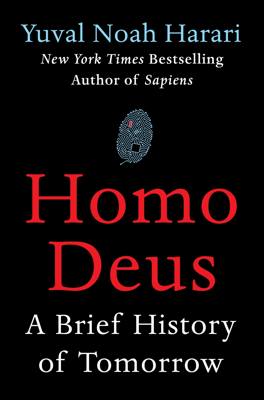The Storytellers
The chapter explores how Homo sapiens' unique ability to create and believe in stories beyond the tangible — intersubjective realities — has shaped societies throughout history, beginning with the Cognitive Revolution around 70,000 years ago. This ability enabled communities to cooperate on unprecedented scales by sharing common beliefs about gods, nations, and economic systems, significantly impacting human sociology and history.
Initially small and localized, these collective myths significantly expanded with the Agricultural Revolution around 12,000 years ago, as stable food supplies supported larger populations and more complex societies. These myths grew stronger and more complex during this time, facilitating the rise of cities, kingdoms, and organized religions.
The chapter discusses how these fictional entities, exemplified by gods in ancient civilizations like Sumer, achieved immense power, accumulating wealth and commanding human labor. These entities, treated as real within the societies, became central units in politics and economics, akin to modern corporations which also exist primarily as legal fiction.
Furthermore, the development of writing and money around 5,000 years ago dramatically elevated our ability to organize complex bureaucracies and manage large kingdoms, effectively transcending the previous limitations imposed by human memory and oral communication. These innovations underpinned large-scale cooperation by allowing systematic management and control, even enabling rulers and elites to impose their narratives more forcefully upon reality.
The chapter also reflects on how these fictions, while enabling vast infrastructural projects and societal advancements, often lead to systems that benefit fictional entities or abstract concepts at the expense of individual human experiences and realities. It challenges the reader to consider the ethical dimensions of these fictions and suggests thinking critically about who benefits from collective beliefs and stories. The aim is to encourage a more nuanced understanding of human history and the power of intersubjective realities.
By considering these dynamics, the chapter highlights a critical tension in human history: the balance between the tangible human costs and the intangible benefits derived from shared myths, urging a reevaluation of how contemporary societies continue to structure their collective goals and values.
